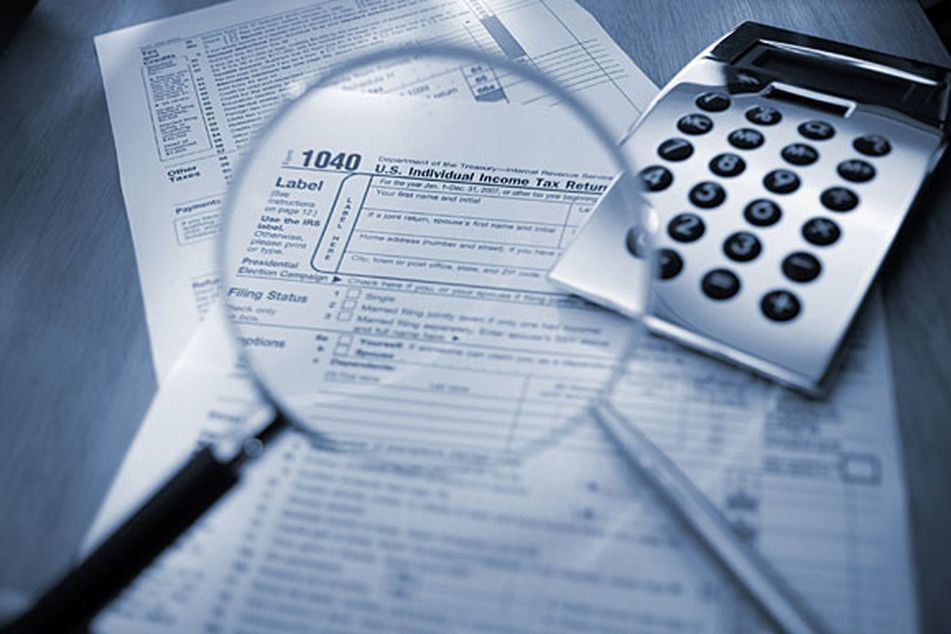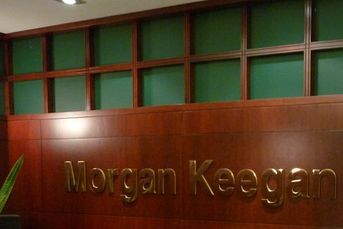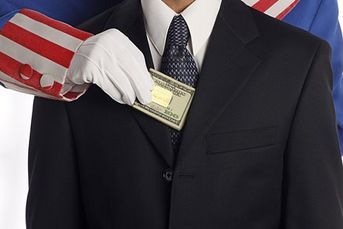IRS audits of millionaires at all-time high of 12.5%

The U.S. Internal Revenue Service said it audited 12.48% of individual tax returns with income exceeding $1 million during 2011, an all-time high.
The U.S. Internal Revenue Service said it audited 12.48 percent of individual tax returns with income exceeding $1 million during fiscal 2011, a high reached at a time of debate over the taxation of top earners.
The announcement marks the third consecutive year that the IRS increased its audit rate on returns showing income of more than $1 million. According to IRS data, the previous record was the 8.36 percent of returns in that category audited during fiscal 2010.
“We’ve always tried to make sure there was equity in the system,” Steven Miller, deputy IRS commissioner for services and enforcement, said in a telephone interview today.
Miller said the higher rate of audits on top earners can be attributed to a greater focus on income held outside the U.S.
“We have done a lot of work in the offshore area,” Miller said.
The IRS released the data as protesters have occupied parks in dozens of U.S. cities over the past several months to highlight perceived income inequality. Democrats and Republicans in Congress have repeatedly clashed during the past year over the Democrats’ proposal to impose a surtax on annual income over $1 million.
The audit rate also climbed for corporations with more than $250 million in assets. The IRS said it audited 27.6 percent of these businesses, up from 25.3 percent in fiscal 2010.
$55.2 Billion
The IRS said it collected $55.2 billion from overall enforcement activities during fiscal 2011. That is down almost 4.2 percent from the $57.6 billion the agency collected from audits the previous year.
The audit rate for individuals in all income brackets remained constant at 1.11 percent in 2011 while the rate for small corporations — those with assets less than $10 million — rose to 1.02 percent from 0.94 percent in 2010.
Miller said the IRS will conduct audits this year with about 3,000 fewer enforcement personnel than in 2010. He said the reduced workforce wouldn’t diminish the agency’s tax collection efforts.
“We’ll be fine,” Miller said. “What we’re going to try to do is make sure we’re going to invest where we need to invest.”
–Bloomberg News–
Learn more about reprints and licensing for this article.







